Your basket is currently empty!
Written by
How Do Heat Pumps Work and Are They Any Good?

If you’re looking for a new heating and cooling system for your home, there’s a good chance you’ve come across different kinds of heat pumps.
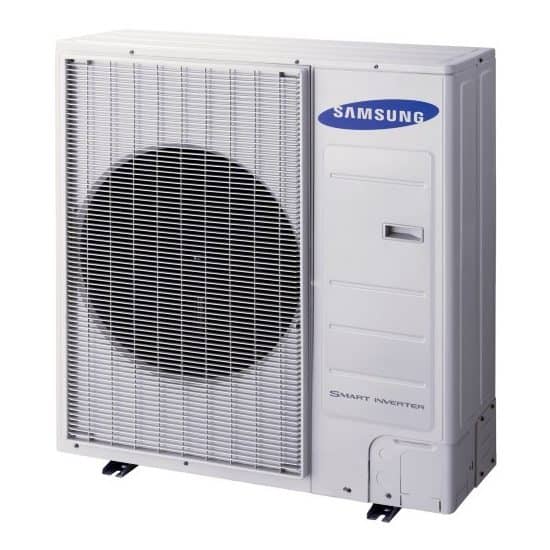
Get a heat pump quote here
A heat pump system can be a neat alternative to other forms of home air conditioning and heating systems, efficiently controlling temperature.
They’re a great choice as people begin to look for cleaner, greener ways to heat and cool their homes. Heat pumps, alongside a rated gas boilers, are going to change how we do this.
But what exactly is a heat pump? And what makes them a good fit for a person’s home.
Start Your Project Today
Get an Air Source Heat Pump & installation quote now
We also check your eligibility for a grant of up to £7,500!
What Is A Heat Pump?
A heat pump is a heating and cooling system that works by moving heat from one space to another.
We’ll explore what heat pumps are and their pros and cons in this article, so you can walk away from here a heat pump expert.
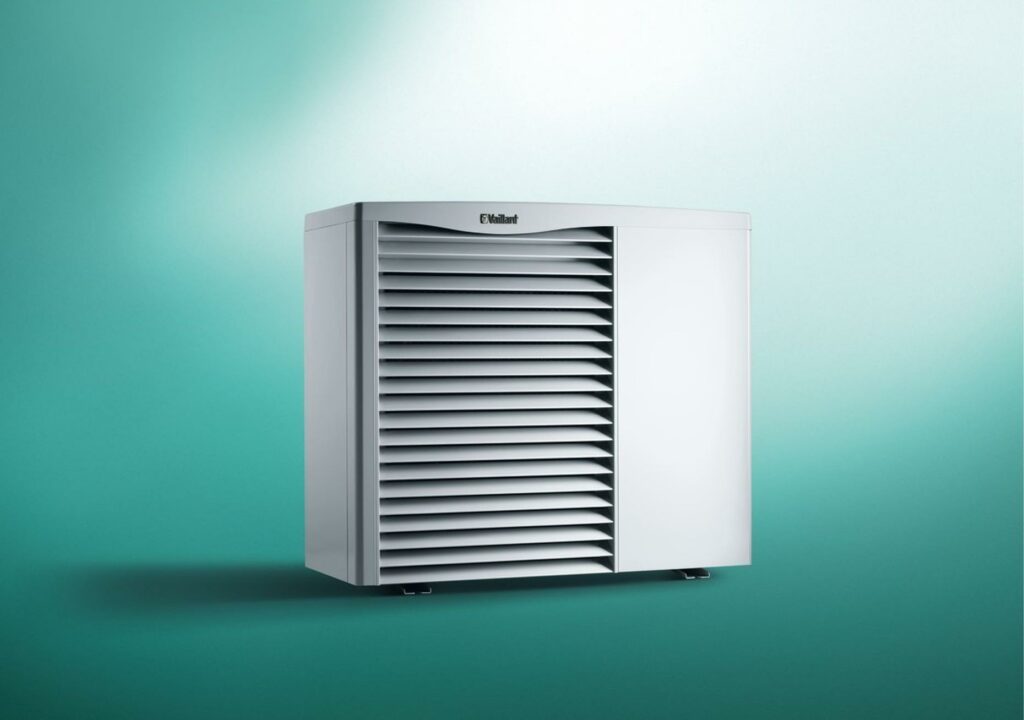
This is done with electricity, not natural gas.
Different variations of the heat pump will work in different ways, but they all essentially work by moving air from one space to another, moving between the system’s condenser and an indoor unit via a refrigerant line.
The heat pump compressor is held outside of the home and produces the hot and cold air that is pumped into the home through the refrigerant line into the system’s indoor unit, which you place inside your home.
The indoor unit, sometimes called a wall cassette, is typically mounted on a wall and can expel either hot or cold air.
How Do Heat Pumps Work?
Let’s get into the finer details of how a heat pump operates. Please keep in mind that how a heat pump works will vary depending on the exact kind of unit you have (which we will explore below) but this is the general process for most systems.
A heat pump is a heating and cooling system that utilizes electricity to move heat from one space to another, to either heat up or cool down your space.
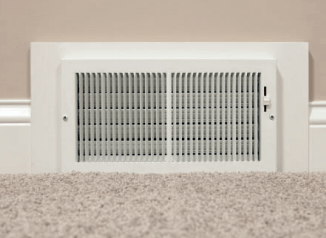
When working to heat your home, a heat pump will extract warmth from outdoor air and transfer it to a refrigerant coolant.
When compressed, the coolant in the system will increase the temperature of the captured air. Once the air hits your set temperature, it will move from the condenser to the indoor unit, putting heat inside of your home.
When cooling your home, the system does the same process in reverse. The heat pump will work to pull warm air out of your home and move it through the line to expel it outside, to decrease your home’s internal temperature.
Get your Fixed Price Boiler Quotes Online
New Gas Boilers with £0 Deposit & 0% Interest Finance Availble
Get the best quotes for boiler installation online in under 1 minute now
Types of Heat Pumps
When looking for heat pumps, you will likely encounter three different varieties: A split ductless heat pump, an air source heat pump, and a ground source heat pump. Let’s break them down to learn the differences between them.
Split Ductless Heat Pump
A split ductless heat pump is a super common model and operates in the same way we described above.
These heat pumps have two units: an outdoor condenser, and an indoor wall unit. These two units are connected with refrigerant tubing that work to heat up or cool down air.
The benefit of this system is that it does not require ductwork, making them a good solution for homes without ducts. Because of this these units do not need as much energy, which means they can save you some money on energy bills.
Air Source Heat Pump
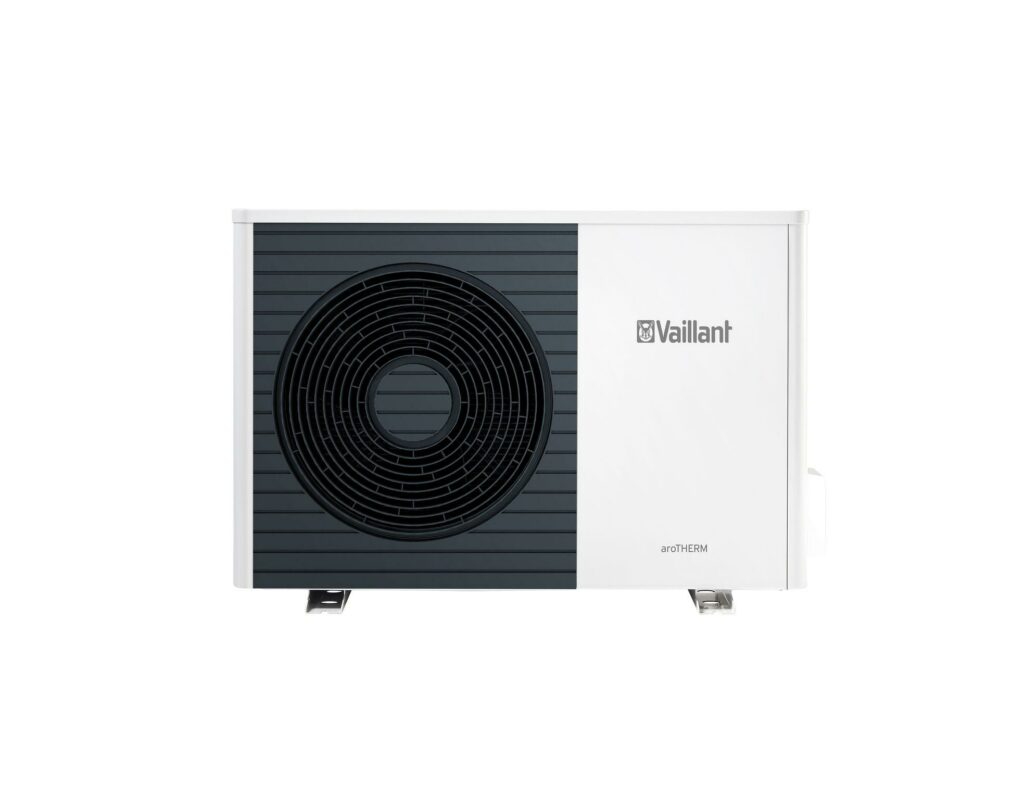
An air source heat pump, also called an air heat pump, is similar to a split ductless system.
This system has two units, an indoor unit called the air handler, and an outdoor unit called a heat pump. Refrigerant moves between the two units via tubing, to absorb and release heat.
Air source heat pump systems are a great option for hot and humid environments, able to dehumidify a space easier than traditional kinds of air conditioning.
Unfortunately, they don’t operate as well as other units in extreme cold when it comes to providing heat and air source heat pumps cost around £3,000 more to buy and install than a hydrogen ready boiler.
Ground Source Heat Pump
A ground source heat pump, also called a geothermal heat pump, is the most unique heat pump unit on our list.
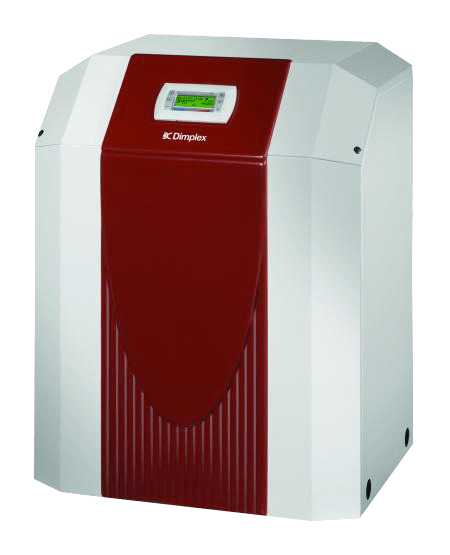
With these units, heat moves heat from the home through an indoor unit into a series of pipes that are buried in loops in the ground outside of your home.
These pipes will be filled with a water source that maintains temperature via the ground it’s buried in, working to control temperature.
Like most heat pumps, these units can be a great way to heat and cool the home and save on your energy bills although when comparing air source vs ground source heat pumps. they are a less viable option.
These units have a long lifespan and are extremely effective even in extreme climates. However, their size and the cost of a ground source heat pump make them less practical for everyday homes. They are better suited for larger properties.
Get your Fixed Price Boiler Quotes Online
New Gas Boilers with £0 Deposit & 0% Interest Finance Availble
Get the best quotes for boiler installation online in under 1 minute now
Heat Pump Pros and Cons
If you’re looking to install a heat pump instead of a traditional air conditioner or heating system, you’ll want to be sure you know all the pros and cons.
Let’s explore things that make heat pumps so amazing, and the things that can be a deal-breaker for some buyers.
Heat Pump Pros
Systems Heat and Cool
With a heat pump, you’re investing in a system that works as both a heat source for your home, and a cooling system.
This makes it a great option for people who live in temperate climates, and need to heat and cool their homes at different times throughout the year.
Good for the Environment

Heat pumps are also an eco-friendly alternative for home heating and cooling.
Fossil fuel heating sources, like a gas boiler, gas-powered central heating, or other methods rely on fossil fuel energy for their heating mode or cooling mode.
In contrast, heat pump systems use hydroelectricity to get your home to a higher or lower temperature.
If you add this system to your home, you can still enjoy a comfortable home temperature without hurting the environment.
Save With a Renewable Heat Incentive
For a lot of buyers, the biggest obstacle to investing in a heat pump system is the cost. It can be daunting to think of replacing a fossil fuel heating system with something new.

Thankfully, though, Governments are making it easier to make good environmental choices with beneficial incentives like heat pump grants.
In fact, the UK has a Domestic Renewable Heat Incentive that will help individuals looking to outfit their domestic homes with a renewable heat source.
These include certain types of heat pump systems, solar power based heating, and different types of boilers. If you want to change how you heat your home, these incentives can make it much easier.
Cost-Effective
Heat pump systems are super energy efficient and can save you money in the long run as you use them to heat your home. This is where heat pumps win currently in the heat pump vs boiler argument.
While you may notice an uptick in electricity use on your bills, you will have massive drops in the amount of gas or other fuel costs. Over the years, this can equate to some significant savings when it comes to space heating and cooling.
Get your Fixed Price Boiler Quotes Online
New Gas Boilers with £0 Deposit & 0% Interest Finance Availble
Get the best quotes for boiler installation online in under 1 minute now
Heat Pump Cons
Of course, no product is entirely perfect. Let’s look at some of the cons when it comes to owning a heat pump.
High Costs

Heat pump systems can have a pretty high price tag, especially when trying to add one to a larger home or industrial space.
The price point can be a breaking point for some buyers. Thankfully, though, renewable heat invectives from the Government and savings on your energy bills over time can work to combat this.
Tricky Installation
Heat pumps can be a bit of work to install, especially if you are investing in a ground source heat pump. A ground source heat pump will require looking at local geology and surveying the ground before installation can even begin.

Other systems will also require work done to your walls, to connect condensers to wall units via the refrigerant line. If you don’t want construction done to your home, this is something buyers should keep in mind.
Noisy Condenser Units
Some heat pump users might be surprised that these units can be noisy. The sound level is comparable to other outdoor generators and air conditioning units.
This should be kept in mind when finding placement for the outdoor condenser. Consider placing it away from windows where the sounds may transfer indoors.
Not Good in Extreme Temperatures

Heat pumps are great for heating and cooling, but they can struggle in extreme weather conditions. Particularly, in climates where the weather drops below freezing.
When the air temperature is below freezing, some heat pump units will be unable to draw any heat from the air to effectively heat up your home.
If you live in a climate like this, it could be more viable to use a heat pump in conjunction with a furnace or other heating system, for days when it’s just too cold for your heat pump.
Get your Fixed Price Boiler Quotes Online
New Gas Boilers with £0 Deposit & 0% Interest Finance Availble
Get the best quotes for boiler installation online in under 1 minute now
Heat Pump FAQ
These are some of the most commonly asked questions about heat pumps.

What is the lifespan of a heat pump?
This can vary depending on the climate your air pump is exposed to and the type of model you have. In general, though, a well-maintained heat pump can have a lifespan of 15-20 years.
Do I need to replace my current heating system to install a heat pump?
No, actually! A heat pump can be installed independently of any heat energy system you currently have in your home.
This means you can use a heat pump alongside your current home heating and cooling, or install a heat pump and shut off your old system.
How do I control a heat pump?
Most heat pump systems are controlled either by a remote or a wall-mounted control.
Depending on the controls, these can be used to set temperatures, and some even have built-in timers where you can set times for heating/cooling to come on and off throughout the day.
Can a heat pump heat my whole home?

Depending on the size of your home, the answer here varies. A single heat pump can be great for an open, single floor home.
However, in situations with multiple floors, you might need more than one system to heat and cool the entirety of the home. Split units can be great for this, placing them throughout the home for heating and cooling.
How can I make my heat pump more efficient?
If you are looking to install a heat pump into your home, there are some steps you can take to make them as effective as possible. To maximize the efficiency of your heat pump system, you can make the following updates to your home:
- Add additional insulation to your home (walls, crawlspaces, attic, etc.)
- Invest in weather stripping for your doorways
- Ensure tight seals and good caulking around your homes windows
- Invest in a programmable thermostat, and set a low temperature when away from home.
Are Heat Pumps Worth the Investment?
Now that you understand the basics when it comes to heat pump systems it is time to determine if these products are worth the investment.

If you are looking to find a heating and cooling system that is energy efficient and good for the environment, there’s no reason to not consider investing in a heat pump.
These systems can accomplish home heating and cooling with significantly less environmental impact than fossil fuel driven systems.
Those who see the appeal of heat pumps should definitely consider them when looking into an at-home heating and cooling system.
Get your Fixed Price Boiler Quotes Online
New Gas Boilers with £0 Deposit & 0% Interest Finance Availble
Get the best quotes for boiler installation online in under 1 minute now
Written by
Start Your Project Today
Get an Air Source Heat Pump & installation quote now
We also check your eligibility for a grant of up to £7,500!





